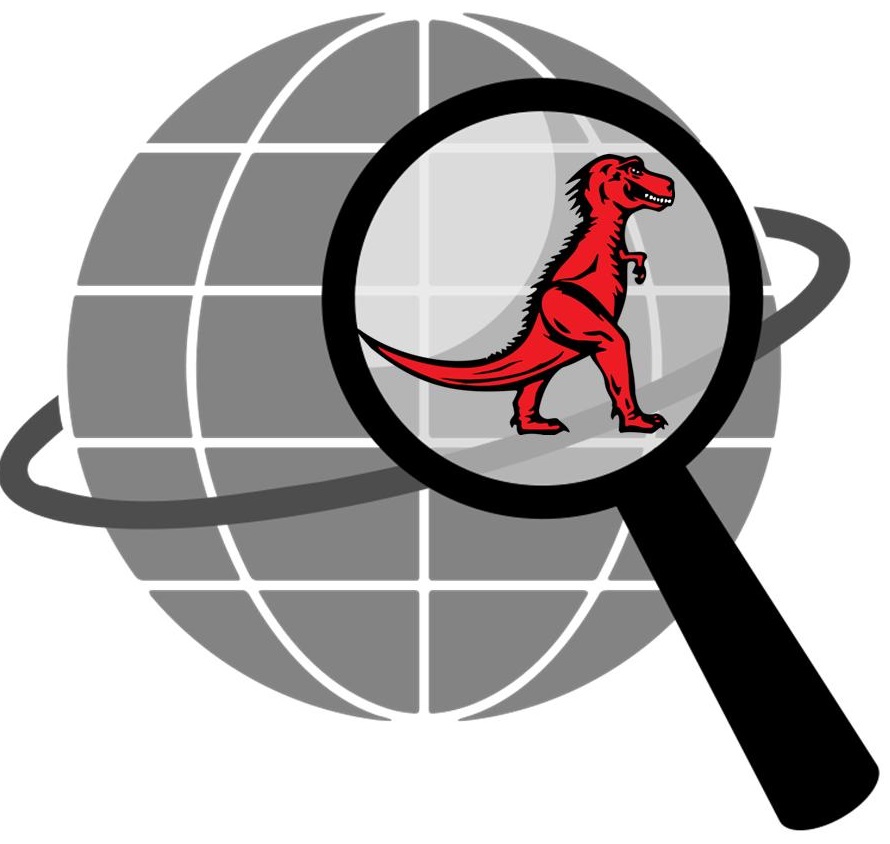The company behind the tremendously popular Firefox has started an experimental pilot project.
Mozilla has just announced that it has launched an experimental pilot project called the Mozilla Location Service, which provides geolocation lookups that are based on data from Wi-Fi access points and publicly observable cell towers.
This concept behind the service is that it croudsources and collects this information through mobile.
The idea is that by way of public hotspots for Wi-Fi, and through cell phone towers, the service crowdsources and collects geolocation information to make it possible for smartphones that have weak GPS signals and laptops that don’t have that technology to be able to rapidly pinpoin their approximate location. As of yet, it has not been made entirely clear how it will be possible for the devices to be able to identify themselves, but there are two APIs being offered for the integration of this service into applications.
The geolocation service remains in its earlier stages, but it is progressing quickly.
 In order to take part in this service and contribute to its data, users can add the dedicated Android MozStumbler app from Mozilla into their devices. That app is behind the data collection, but it also has a gamified element that gives users the opportunity to enjoy the experience. In this game, they can either contribute anonymously, or they can compete against others on the leaderboard. According to Mozilla, the service is already experiencing a rapid evolution, but that there will soon be a more full featured experience that will be available to device users.
In order to take part in this service and contribute to its data, users can add the dedicated Android MozStumbler app from Mozilla into their devices. That app is behind the data collection, but it also has a gamified element that gives users the opportunity to enjoy the experience. In this game, they can either contribute anonymously, or they can compete against others on the leaderboard. According to Mozilla, the service is already experiencing a rapid evolution, but that there will soon be a more full featured experience that will be available to device users.
That said, Mozilla has said that it is nowhere near its final stage. This geolocation service remains in the earliest levels and provides only the most basic levels of coverage within select locations due to the generosity of the earlier contributors and adopters of the service. At the same time, the company is committed to ensuring that the privacy elements of the service are improved to a meaningful degree for all of its participants, so that users can be certain that even as they offer the data surrounding heir location, their own privacy remains safe and secure.

